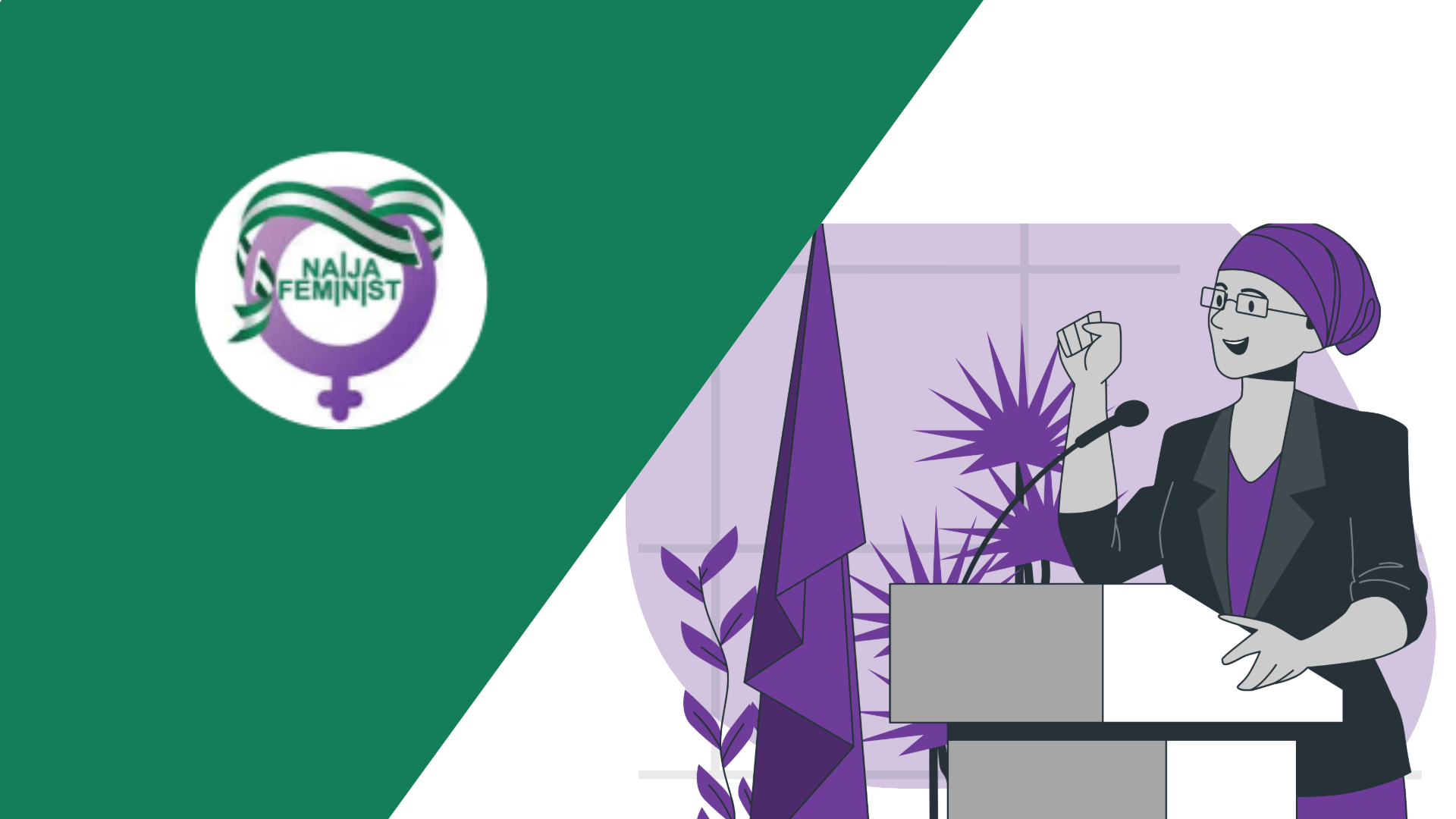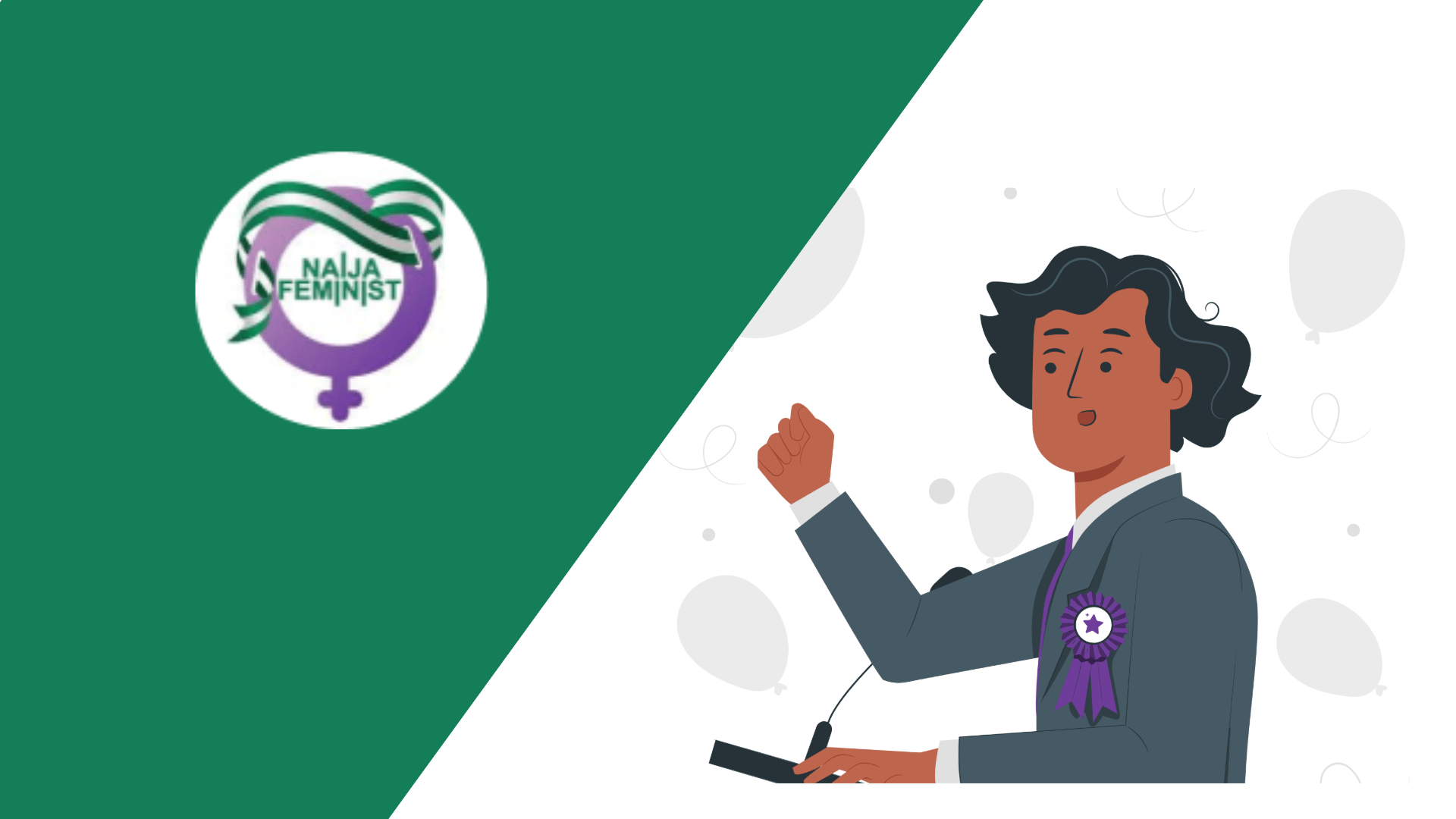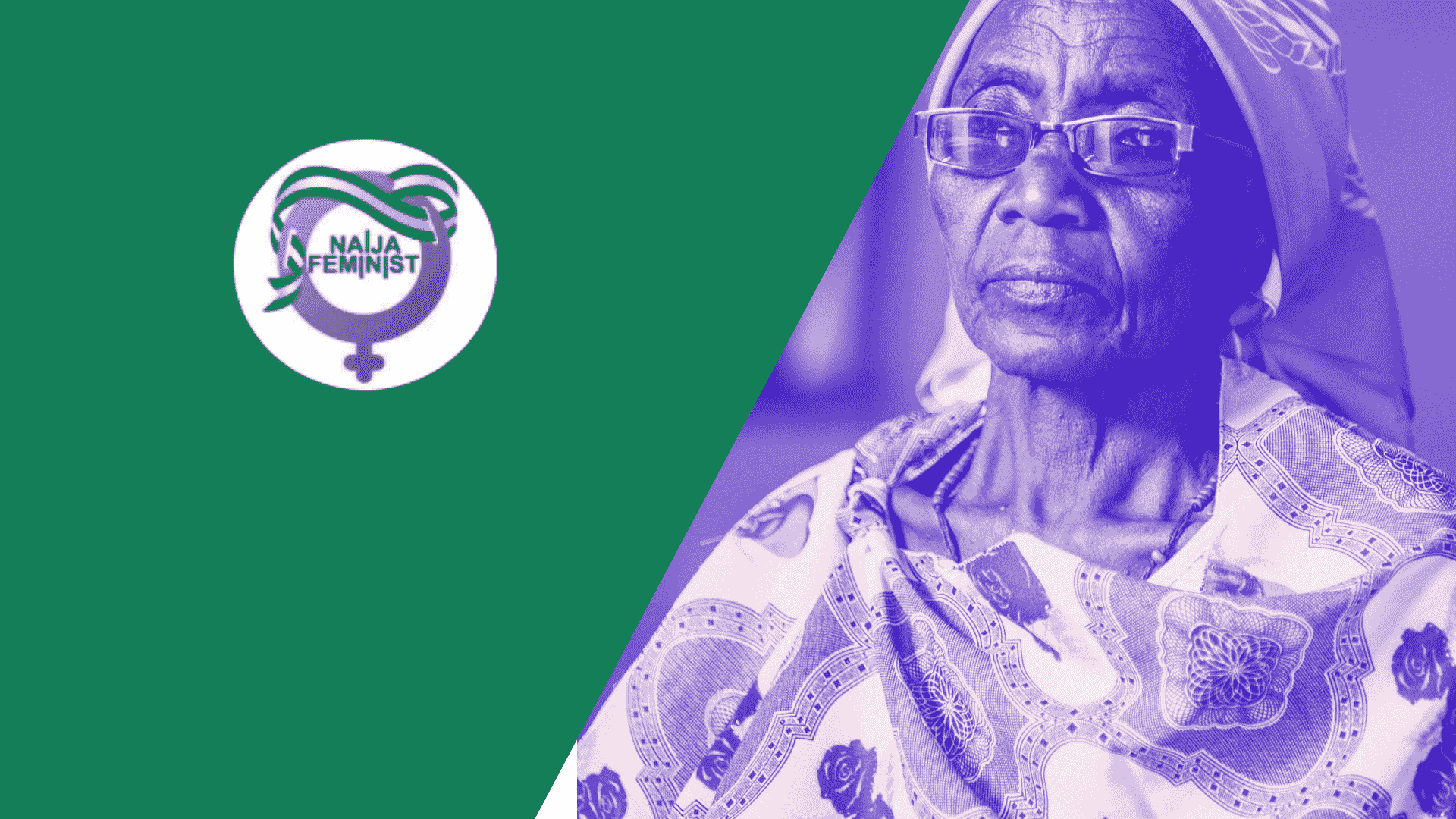Newsletter
Women’s History Month: Women Who Shaped Nigeria

|
Getting your Trinity Audio player ready...
|
| Hello friend, While we celebrated International Women’s Day the previous week, we must acknowledge that we are in Women’s History Month. History is full of women whose contributions shaped politics, activism, and education, yet they are often treated as insignificant. Funmilayo Ransome-Kuti fought for Nigeria’s independence and women’s rights. She founded the Abeokuta Women’s Union, led protests against colonial rule, and advocated for women’s political participation. Yet, many only know her as the ‘first woman to drive a car in Nigeria.’ That single fact overshadows her lifelong work for justice. Hajiya Gambo Sawaba was arrested over a dozen times because she fought against child marriage, demanded full voting rights for Hausa women, and championed girls’ education. Instead of being recognised as a fearless political force, history treats her activism as an afterthought. Women’s erasure is not accidental. It is a deliberate effort by patriarchy to downplay their role in shaping society. When men lead, they are seen as pioneers. When women lead, their achievements are diminished or ignored. This is why history books feature far fewer women and why many organisations still fail to credit women’s labour, ideas, and leadership. At Naija Feminists Media, we challenge these narratives. We provide knowledge products on feminism and connect feminists in a thriving community. Women’s stories matter, and we will continue to ensure they are heard, remembered, and celebrated. With love and solidarity,The NFM Team. |
 |
| Empowering The Voices Of Girls, The Women Of TomorrowBy: Victoria Anjolaoluwa “We teach girls to shrink themselves, to make themselves smaller. We say to girls, “You can have ambition, but not too much. You should aim to be successful, but not too successful; otherwise, you would threaten the man…” These famous words by the Nigerian writer Chimamanda Adichie depict what several young women in Nigeria experience. It is not uncommon for young female graduates to be discouraged from furthering their education or pursuing their careers to focus on finding a husband and starting a family. Nigerian culture teaches women to see being someone’s “Mrs.” and mother as the pinnacle of womanhood. Women can be that and much more. And if one chooses to be otherwise, it doesn’t make her less of a woman. Read more on how empowering girls’ voices can help shape the future and dismantle biases that can stop women from freely being themselves. |
 |
| We are delighted to share that our founder, Simbiat Bakare, has been honoured as one of She Leads Africa’s Top 50 Rising Motherland Moguls in the media category! This recognition is a testament to her decade-long commitment to advocating for gender equality and impactful storytelling. Simbiat’s efforts are crucial in shaping the narrative surrounding women’s rights in Nigeria, challenging stereotypes, and inspiring positive change. As we celebrate this remarkable achievement, we invite everyone to join us in the ongoing fight for equality and the empowerment of women and girls throughout our society. |
 |
 |
 |
 |
| LIBRARY HERE |
 |
| Join our volunteering team to be a part of social change. We are accepting applications for an Accountant position. Send your application to mail@naijafeministsmedia.org.ng.Moniepoint is inviting women to apply for its 2025 internship programme! This initiative aims to empower women in tech and provide valuable experiences. Apply now!Unicaf offers 100 scholarships for exceptional women to pursue online degrees at partner universities. Apply now! |
 |




